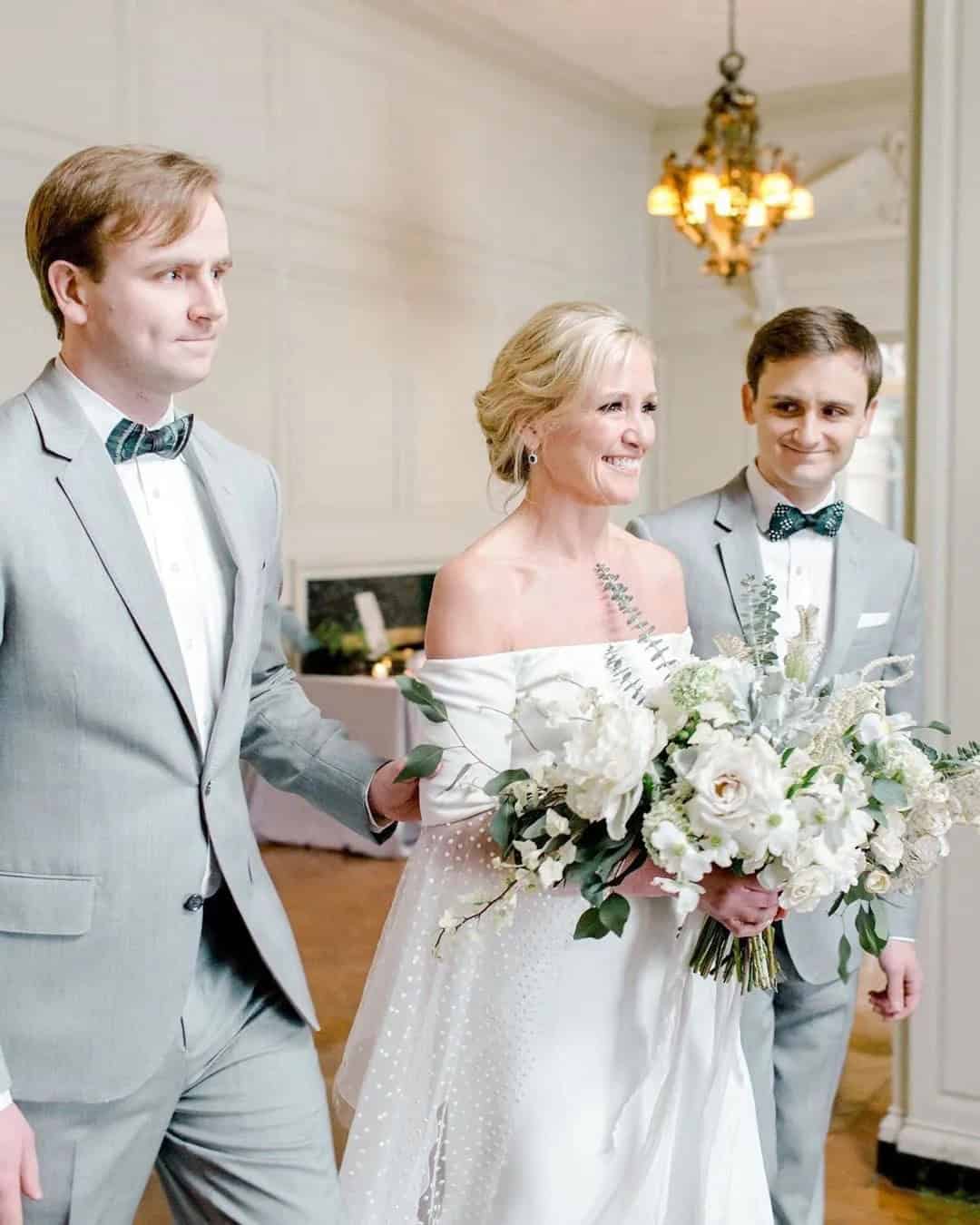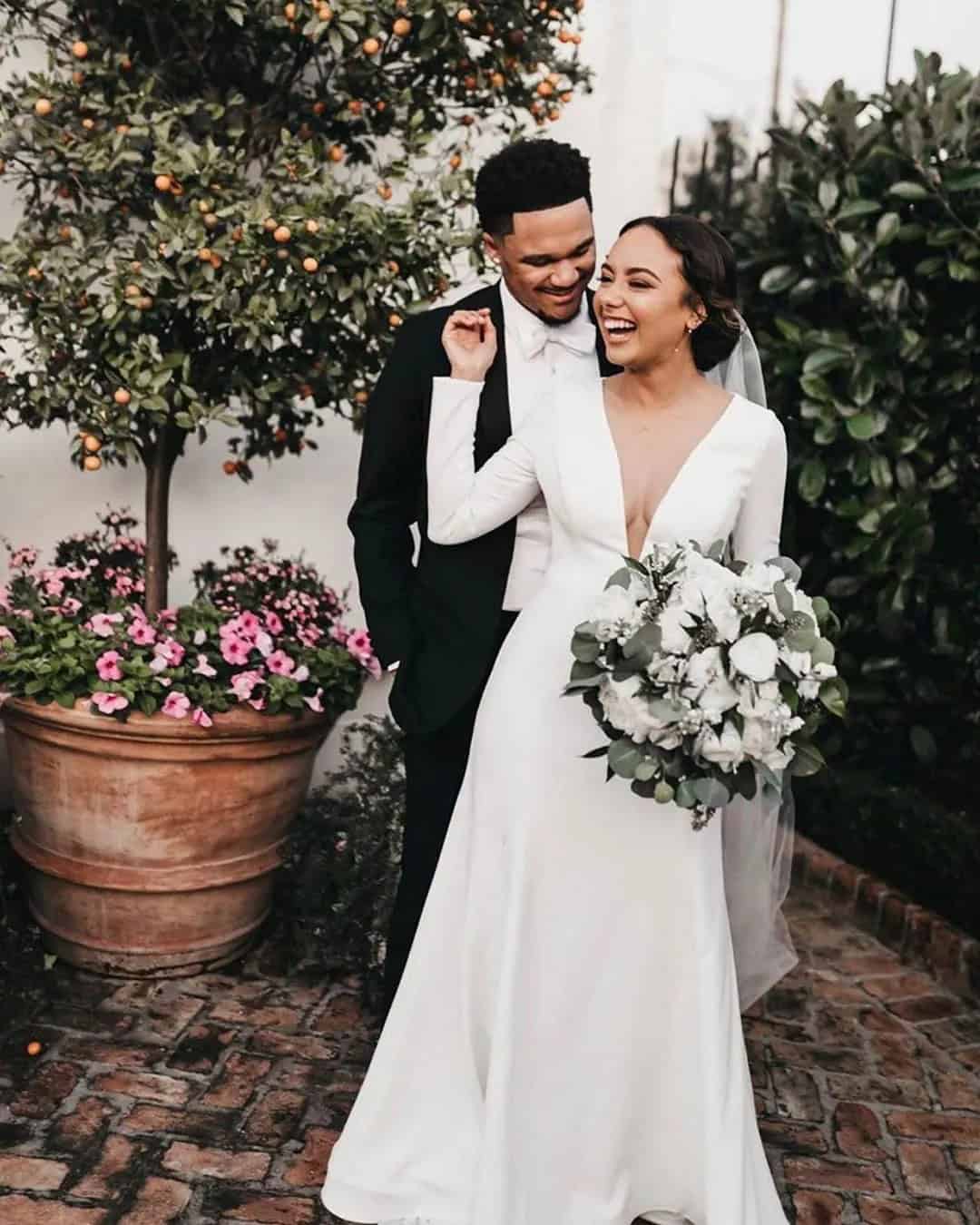Mastering the nuances of grammar can be a challenge, especially when it comes to addressing women with titles. Using the correct title, whether it’s Ms, Mrs, or Miss, is crucial to avoid any misunderstandings. To help you navigate this complexity, we’ve put together a comprehensive guide that covers the history of female titles, their differences, and provides valuable insights on how to address women in various situations.
The History Of Female Title: Miss, Ms Or Mrs
The origins of the prefixes Miss, Mrs, and Ms date back to the 17th and 18th centuries when they were derived from the formal term ‘Mistress’. Initially, these terms didn’t convey any information about a woman’s marital status. It wasn’t until the 19th century that this changed, with Mrs and Miss becoming linked to a woman’s marital situation.
What’s The Difference Between Miss, Ms, And Mrs?
When it comes to addressing women, the choice between Miss, Ms, and Mrs can be perplexing. To simplify things, we’ve outlined the key differences between these titles. The title ‘Miss’ is commonly used to refer to or address a young girl or an unmarried woman under the age of 30. This title is often used in educational settings, such as when addressing female students or young women who are not married. Examples include phrases like ‘Miss America’ or ‘excuse me, miss.
‘ In contrast, the title ‘Ms’ is more general and refers to a woman whose marital status is unknown, has kept her maiden name, or is over the age of 30. Ms is used to show respect without implying marital status, and it’s not typically used for young girls. For instance, ‘Ms. Jordan-Bruno Adeline got married yesterday’ or ‘Ms. Bradley Marie lost her husband.’ The title ‘Mrs,’ on the other hand, is reserved for addressing a woman who is married or was married.
This title is usually used once marital status is clear, and women often keep this title even after divorce or their partner’s passing, although they don’t have to. Examples include ‘Mrs. Stevens has a black dog’ or ‘Mrs. Brad Stevens has a black dog.’
When You Get Married Is It Ms Or Mrs
When you tie the knot, you’re faced with the decision of whether to change your last name to match your partner’s. While it’s not compulsory, many couples opt for this change as a symbol of their union. For those who do decide to modify their surname, they can expect to be widely referred to as Mrs. However, for those who choose to retain their maiden name, there’s an alternative: Ms. This option allows individuals to maintain their independence and keep their marital status private, if desired.
Mrs Vs Ms Vs Miss: Which To Write On Wedding Invitations
When crafting your invitations, it’s essential to get the etiquette just right. To ensure you’re using the correct titles for your guests, consider this quick guide. When addressing married women or couples, ‘Mrs.’ is the appropriate choice. On the other hand, ‘Ms.’ is a versatile option that can be used when addressing females over 30 whose marital status is unknown or when you simply want to show respect. If you’re unsure about how to address a woman, ‘Ms.’ is generally a safe bet.
For younger guests attending the wedding, such as teenagers or those in their early twenties, ‘Miss’ is the more suitable option.
How To Address A Woman If Her Marital Status Is Unknown
When addressing a woman whose marital status is unclear, it’s best to err on the side of caution by using the title Ms. This shows respect for the individual without making assumptions about their relationship or personal preferences. In cases where a widow has previously used the title Mrs., she may continue to do so, but this isn’t always the case. Similarly, some women who are divorced may retain their married last name and associated title, while others may opt for Ms.
or even revert to their maiden name. If you’re unsure how to address someone who is divorced, it’s perfectly acceptable to default to Ms., demonstrating your respect for her autonomy and personal boundaries.
Mrs Vs Ms Vs Miss Pronunciation
Pronunciation nuances aside, Mrs., Ms., and Miss are often used interchangeably. However, they each have distinct auditory characteristics. The pronunciation of ‘Mrs.’ can vary depending on the geographical region, but the most widely accepted rule is that it sounds like ‘mis-iz’. In contrast, ‘Ms.’ and ‘Miss’ share a similar sound profile, with ‘Ms.’ being slightly shorter and often pronounced as ‘miz’.
To accurately pronounce ‘Miss,’ simply note that it rhymes with ‘this’ or ‘hiss’, making it easy to remember. Although the differences may seem subtle, mastering the correct pronunciation of these titles is crucial for effective communication.
Additional Titles
When crafting wedding invitations, it’s essential to understand various titles that can add professionalism and respect to your correspondence. Beyond the familiar Ms., Miss, and Mrs., there are other options to consider. Madam is typically reserved for addressing a woman in a position of authority, such as Madam President. While this title may not be as commonly used as its more popular counterparts, it’s still an important one to know when the situation arises. On the male side, Mr.
and Mister are often used interchangeably, with Mr. serving as a shortened form of Mister. This title is suitable for addressing men regardless of their marital status. In recognition of their professional stature, individuals holding doctorates are typically addressed using the title Doctor before their name. When sending wedding invitations to a couple where the woman is a doctor, it’s appropriate to use the format ‘Doctor & Mr.’ followed by her and his names.
While navigating titles can be slightly tricky, understanding the background and connotations of each can make the process easier. To ensure accuracy and respect in your wedding invitation correspondence, it’s always best to clarify title information with family members and future in-laws, along with their names and addresses.






